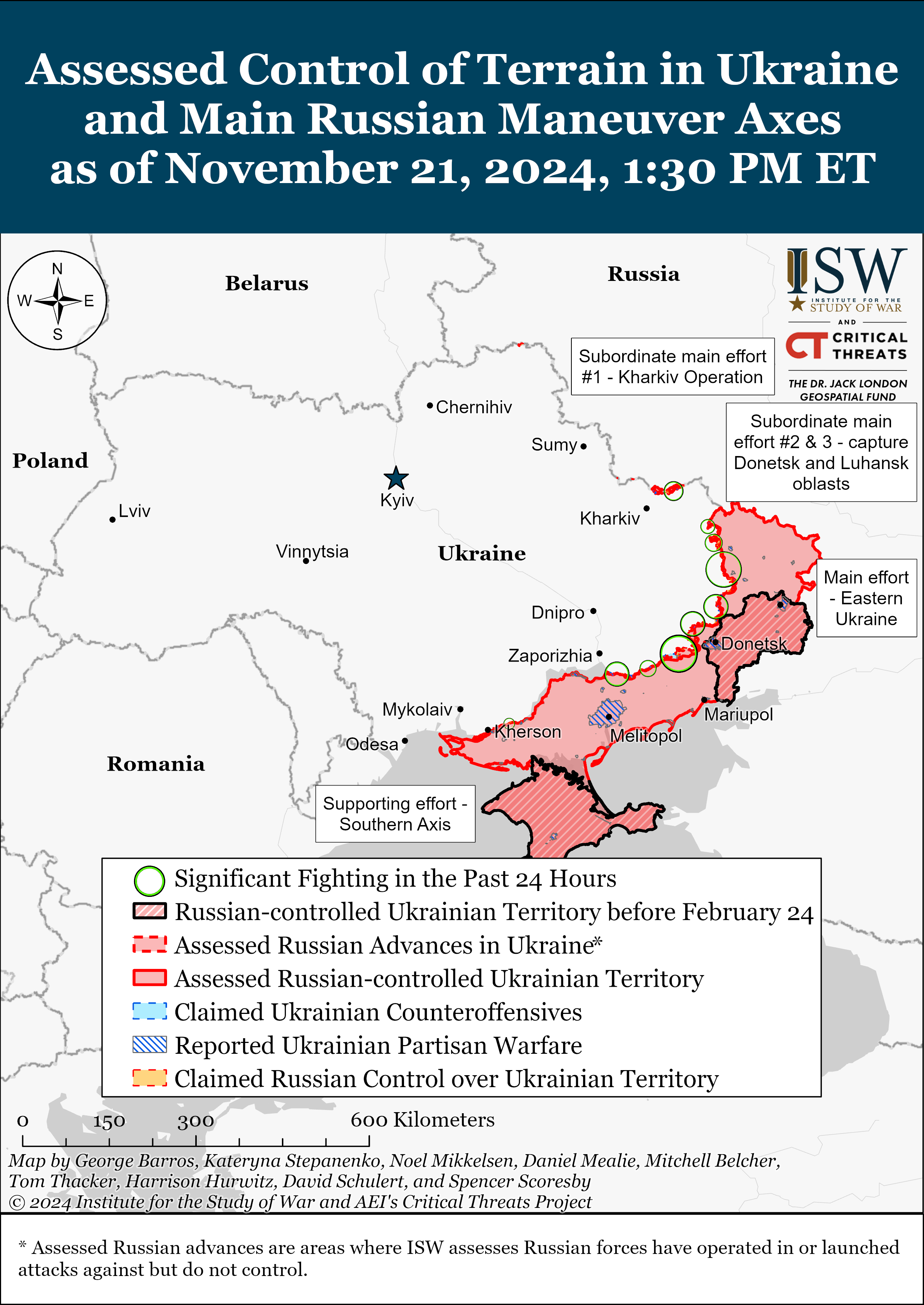
Russia’s Latest Ballistic Missile Strike on Ukraine Marks a Dangerous Escalation in the War
In a significant escalation of the ongoing conflict in Ukraine, Russia has launched a new experimental ballistic missile, heightening tensions and raising fears of further violence. Ukrainian President Volodymyr Zelenskyy condemned the strike, calling it a "severe escalation" and urging the international community to respond strongly. The missile, which hit a military facility in the city of Dnipro, is a new weapon known as Oreshnik (the hazel), described by Russian President Vladimir Putin as a response to U.S. missile defense systems. The move comes amid a broader pattern of Russian aggression as Moscow seeks to intensify pressure on Ukraine and its Western allies.
NATO quickly responded, dismissing the strike as an attempt by Russia to intimidate Ukraine’s supporters. A spokesperson emphasized that the missile's deployment would not alter NATO's unwavering support for Kyiv. Despite Putin’s claims that Russia had the right to target nations supplying arms to Ukraine, NATO reiterated that it would continue to back Ukraine in its fight for sovereignty. The alliance pointed out that such threats would not deter the resolve of Ukraine’s international partners.
Also Read:- Moritz Wagner Shines in Magic's Thrilling Victory Over Lakers with 19-Point Performance
- Winter Weather Causes Widespread School Closures Across Aberdeenshire and Beyond
The missile strike is part of a troubling pattern of increased Russian military aggression as the war approaches its 33rd month. Despite Ukraine’s formidable defenses, including the interception of six other missiles launched in the same barrage, the Oreshnik missile hit its target. This new weapon is reportedly capable of carrying nuclear payloads, raising concerns about its potential use in further escalations. While it has not yet been confirmed whether the missile was armed with nuclear material, the message is clear: Russia is preparing for more intense confrontations.
In his response, Zelenskyy declared that Russia's actions prove that Moscow has no interest in peace and emphasized that only through strength could real peace be achieved. He called on the world to unite in condemning Russia’s actions and called for further pressure to be placed on Putin. The attack was also a warning, with Putin declaring that any country aiding Ukraine could be a legitimate target. This rhetoric highlights the dangerous path the conflict is taking, with the potential for further violence not just in Ukraine, but across Europe.
As the war rages on, the international community remains deeply concerned about the humanitarian toll of these attacks, which continue to devastate civilian infrastructure. Reports of civilian casualties in the northeastern city of Sumy, following a drone strike, only underline the growing dangers faced by ordinary Ukrainians caught in the crossfire. Meanwhile, Ukraine’s parliament delayed its scheduled meeting for Friday due to security concerns, indicating the increasingly precarious situation in Kyiv.
The situation remains tense, and with no clear resolution in sight, the conflict’s trajectory is uncertain. While Russia’s actions may be aimed at destabilizing Ukraine and its allies, the resilience of Ukraine and the continued support from NATO countries send a powerful message: Russia’s attempt to force a change in the course of the war will not succeed.
Read More:

0 Comments